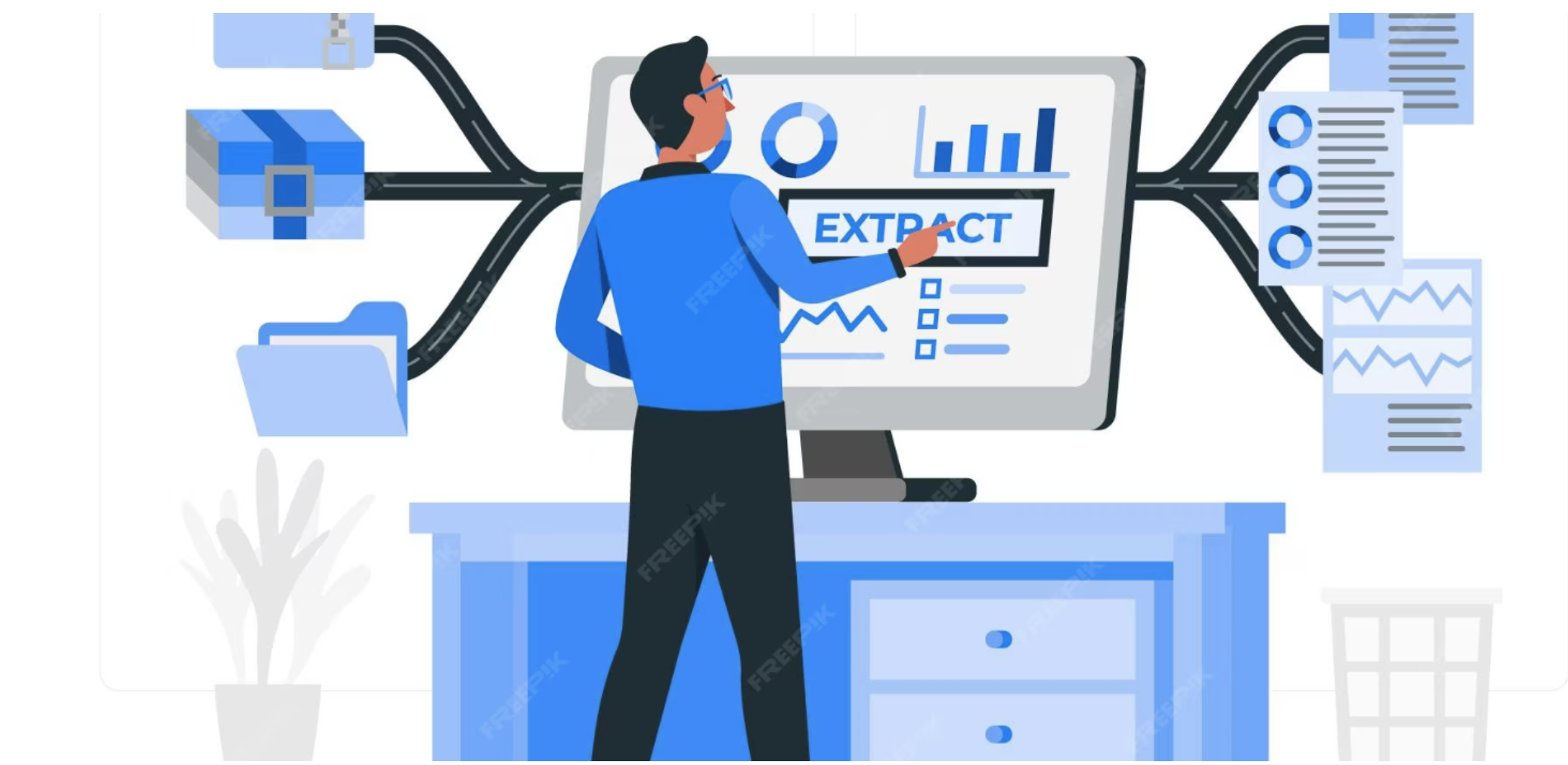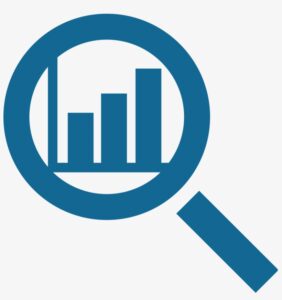To manage your alumni data effectively, you’ll need a Database Management System (DBMS) or CRM with a set of features that can handle the complexity of alumni data and engagement. Here are key features you should consider when selecting a DBMS for your institution:
Custom Data Fields: The ability to define and customize data fields to store a variety of information about alumni, such as contact details, graduation year, current employment, interests, and engagement history.
Data Validation and Verification: The system has validation rules and options to ensure accurate and consistent data entry, reducing errors and duplicate entries. Verification mechanisms can help maintain data quality.
Alumni Directory: Ability to provide a searchable alumni directory (with limited data) that allows alumni to connect with each other based on various criteria, fostering networking opportunities.
Communication Tools: Integrated communication tools for sending bulk emails, newsletters, and personalized messages to alumni segments. Automation features can help streamline communication workflows.
Event Tracking and Management: Features to manage and promote alumni events, including event registration, attendance tracking, and communication tools for event updates. Ideally there is a place to store photos that are accessible to participants afterwards.
Segmentation and Filtering: Tools to segment and filter alumni data based on various criteria such as graduation year, location, career field, interests, and engagement level. This enables targeted communication and event planning.
Online Forms and Portals: Capability to create online forms for alumni to update their information and a user-friendly alumni portal where they can log in to view and edit their details.
Integration with External Platforms: Integration with email marketing platforms, social media accounts, and event registration systems for seamless data sharing and communication.
Data Privacy and Security: Built-in security measures to protect alumni data and ensure compliance with data privacy regulations. Access controls can limit who can view and edit certain information.
Reporting and Analytics: Tools to generate reports and analyze data on alumni engagement, event attendance, and communication effectiveness. Insights gained can help refine your alumni engagement strategies.
Mobile Accessibility: Mobile-friendly interfaces or mobile apps that allow alumni to access and update their information on smartphones and tablets.
Integration with Website: Integration with your alumni network website to display updated information, news, events, and content to engage alumni.
Automation and Workflows: Automation features to schedule reminders for data updates, send personalized communications based on engagement levels, and trigger actions based on specific alumni interactions.
Data Import and Export: Tools to easily import existing alumni data and export data for various purposes such as event planning, email campaigns, and reporting.
Scalability and Performance: A system that can handle growing amounts of data and usage as your alumni network expands.
Support and Training: Access to customer support, documentation, and training resources to help you effectively use the DBMS.
Cloud-Based Option: Consider a cloud-based solution that offers accessibility from anywhere and automatic updates without the need for on-premises maintenance.
Implementing a system that incorporates these key features will empower you to efficiently manage your alumni data, and foster stronger engagement, seamless communication, and informed strategic decisions, enhancing the overall alumni experience.


